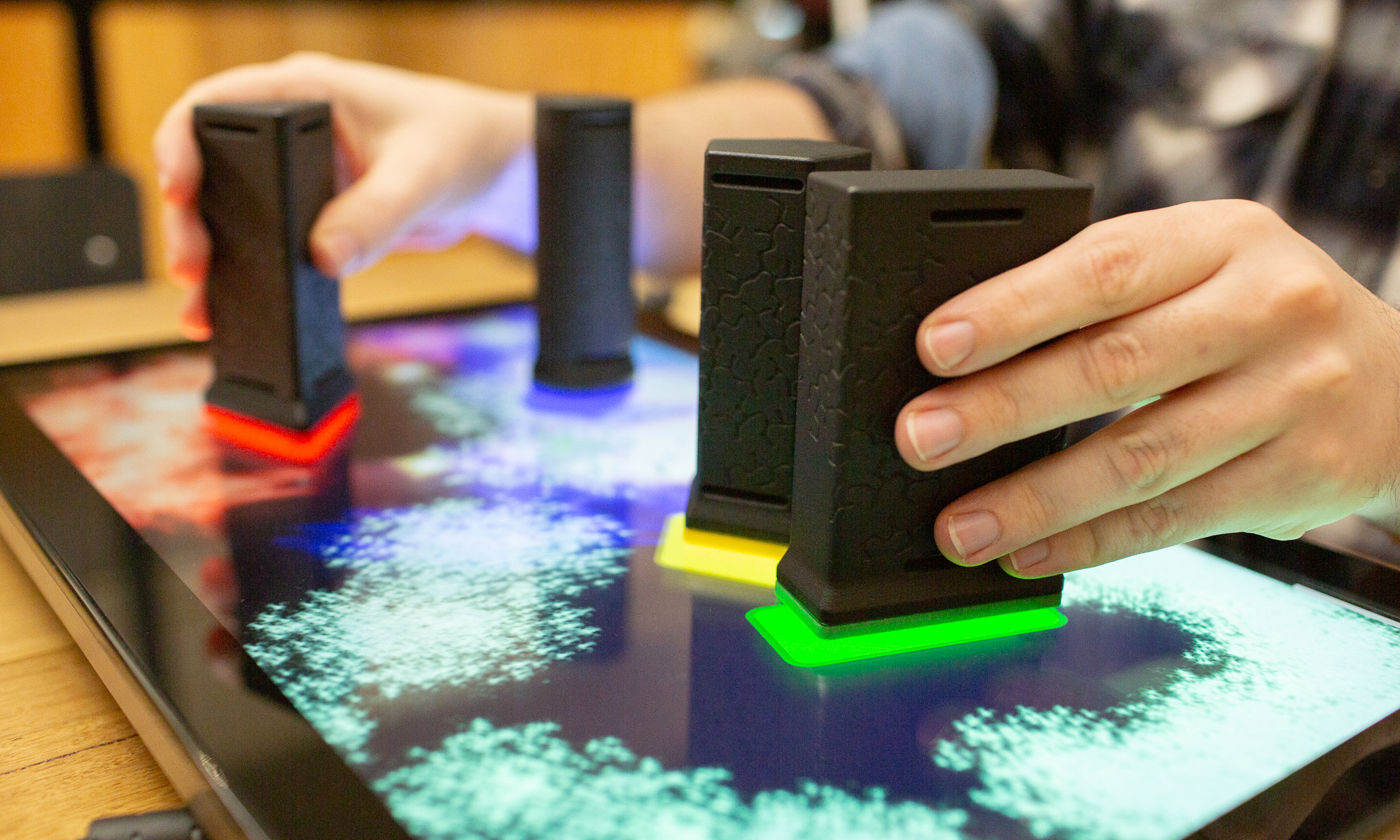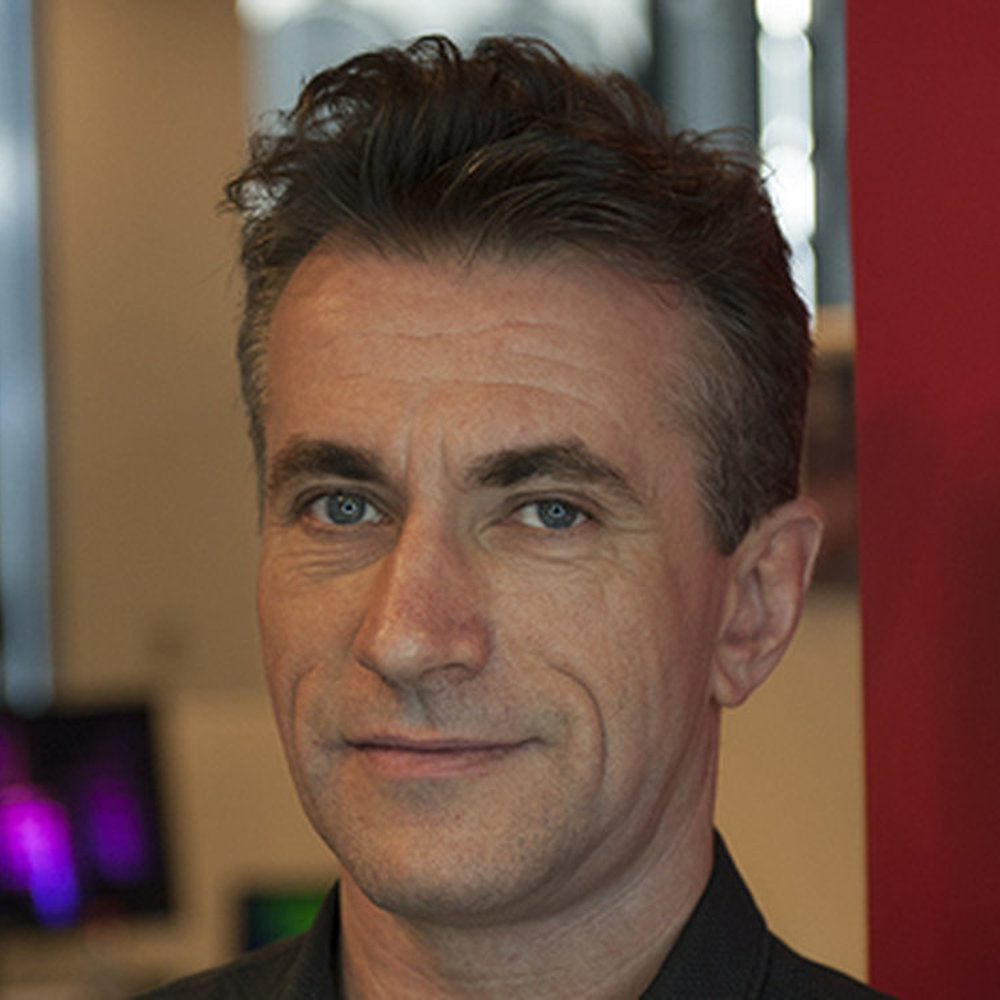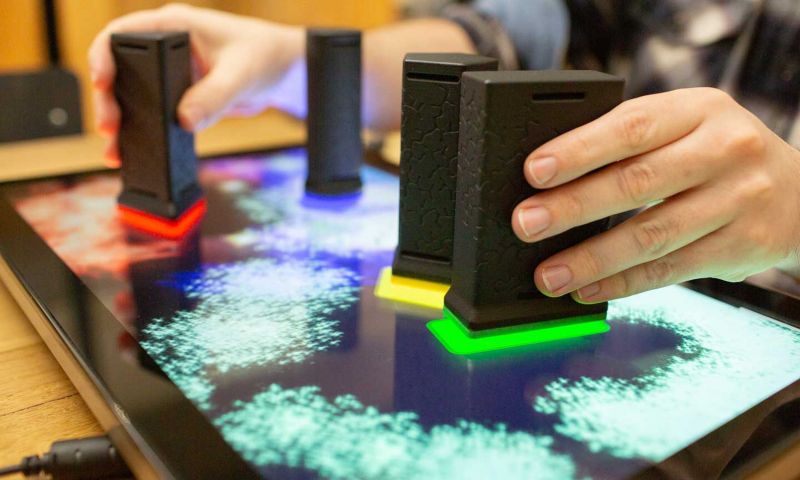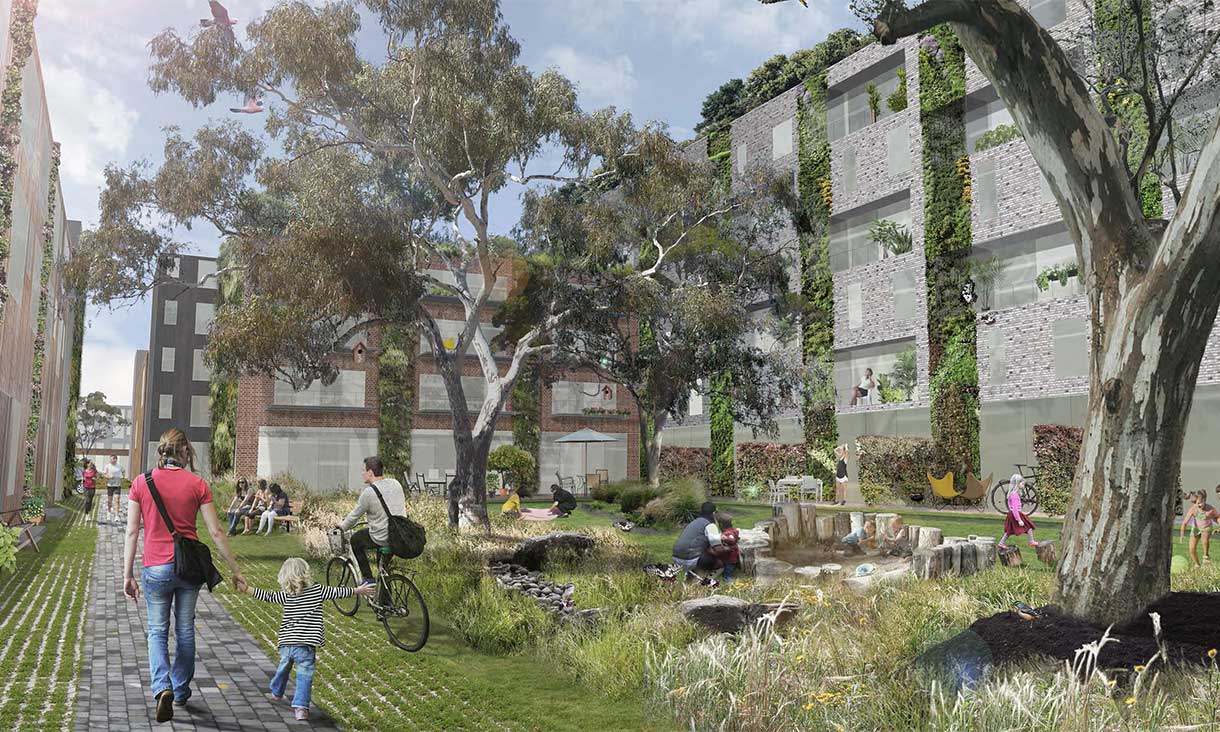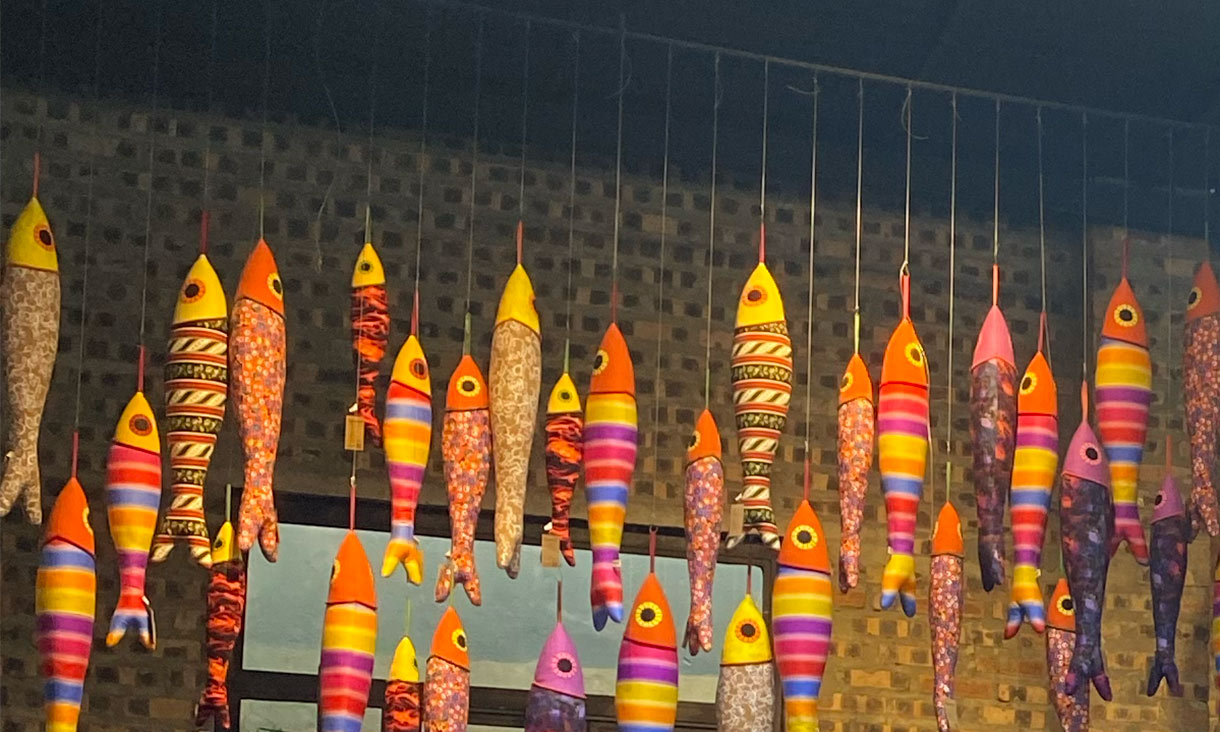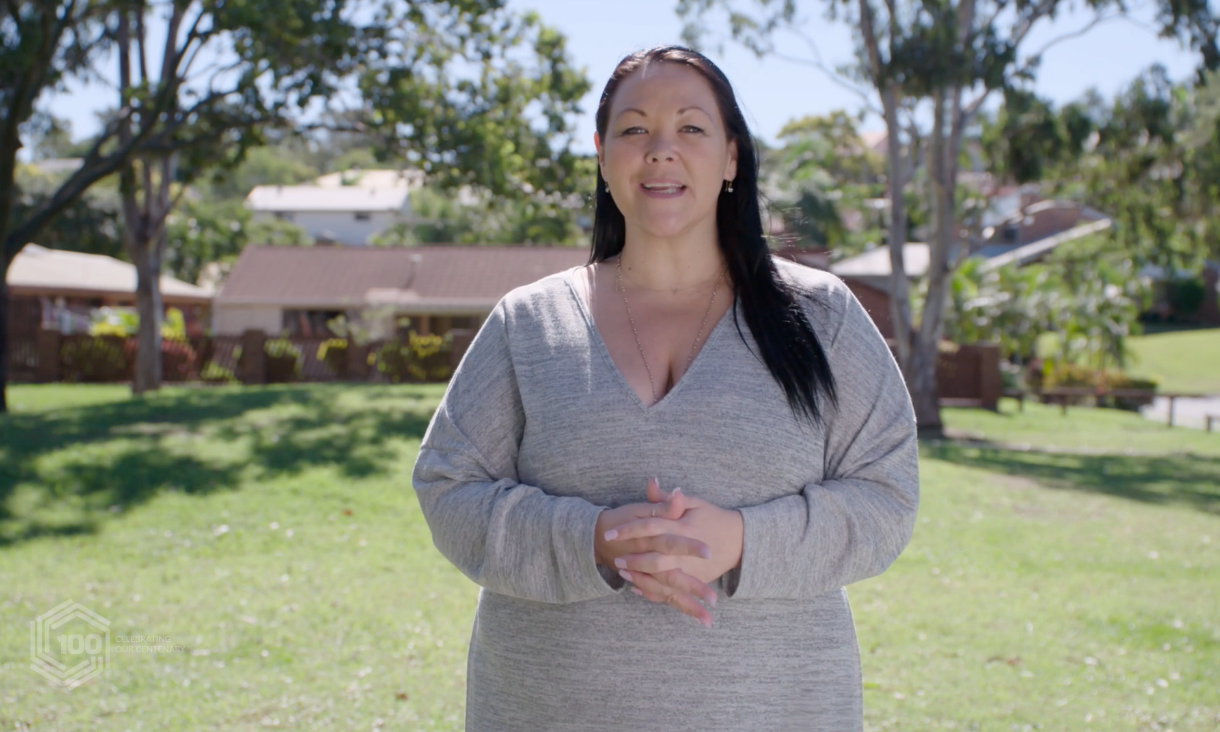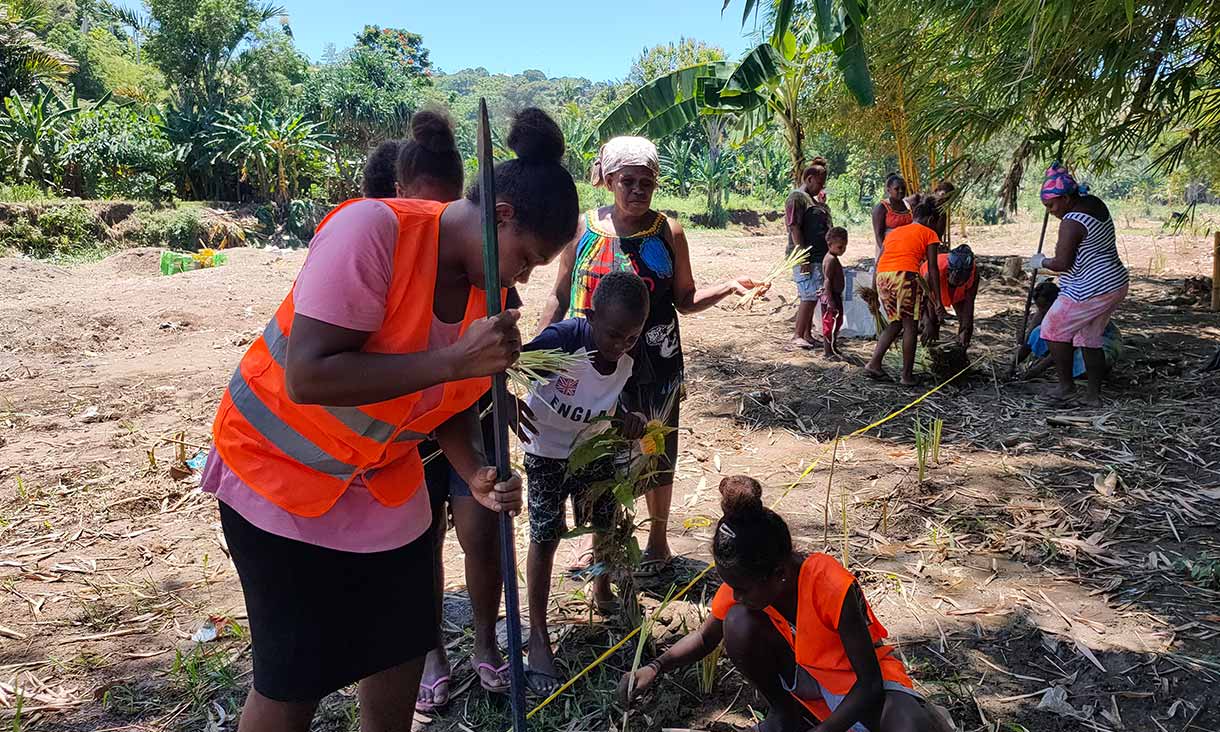EDNA has received the Victorian Premiers’ Design Award and the Good Design Award for Digital Design for innovation in health rehabilitation. Its effectiveness in aiding patient recovery has been demonstrated in clinical trials at Melbourne’s Epworth Hospital, the Evalina London Children’s Hospital, and a more extensive randomised control trial at Sydney’s Prince of Wales Hospital. Both adult and child patients have been found to be more engaged and motivated in their rehabilitation, showing significant improvements in their movement skills and self-esteem.
It’s really novel, target based, and a very different form of therapy. For me it’s been a great benefit to monitor the patients’ performance and engagement with the technology online … I can serve a greater number of patients living at home in the community while I am in the office.
- Karin Vogel, Occupational Therapist, Prince of Wales Hospital
RMIT’s Intellectual Property and Commercialisation team is working closely with Duckworth to bring EDNA to market. Further engagement with healthcare providers has led to the development of a tablet-based application of EDNA that can be used by patients in their homes. This will support physiotherapists and occupational therapists in delivering rehabilitation programs remotely. Performance data is collected in the cloud, allowing therapists to remotely view the data, monitor recovery and deliver tailored treatment programs.
RMIT has entered into a collaborative industry partnership agreement with Ability Partners Pty Ltd to evaluate the design and usability of the EDNA technology for remote rehabilitation.
EDNA is the first upper-limb brain injury rehabilitation system to integrate clinic and home therapy to monitor recovery, with great potential to transform the industry and improve outcomes for patients.
This research was supported by RMIT through the Design and Creative Practice Enabling Impact Platform and an Australian Government Accelerating Commercialisation grant.
For further information contact Associate Professor Jonathan Duckworth, School of Design.
